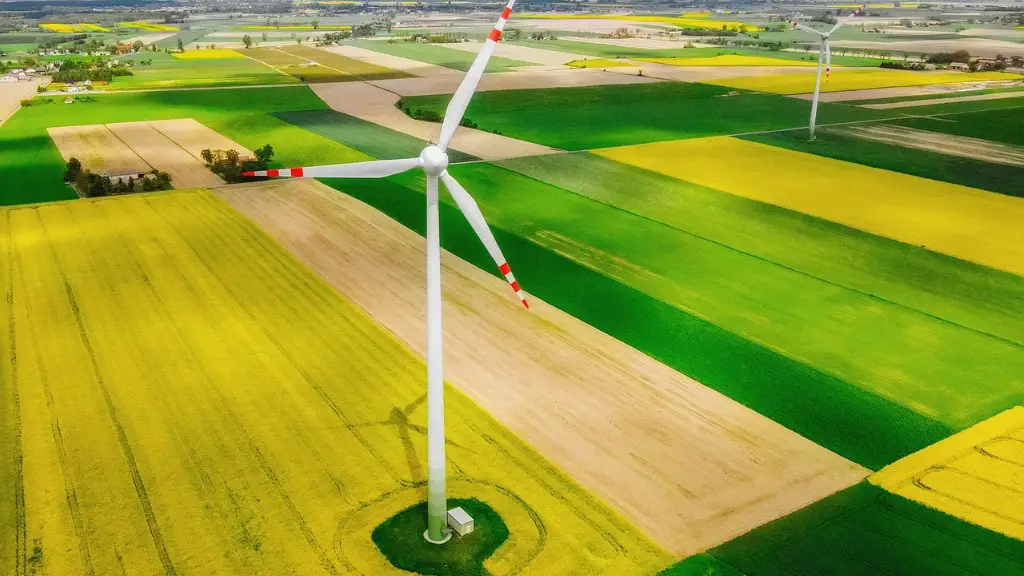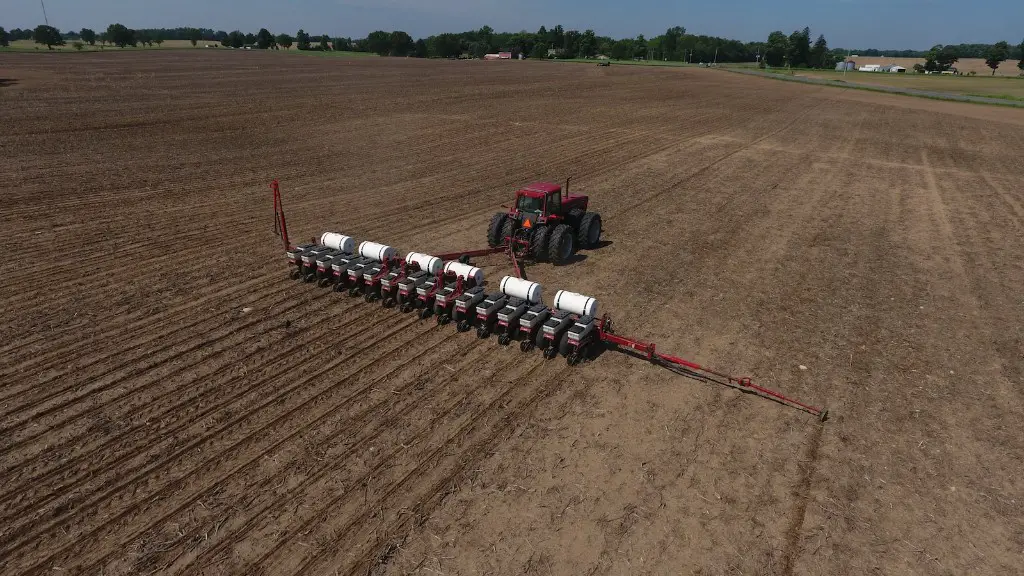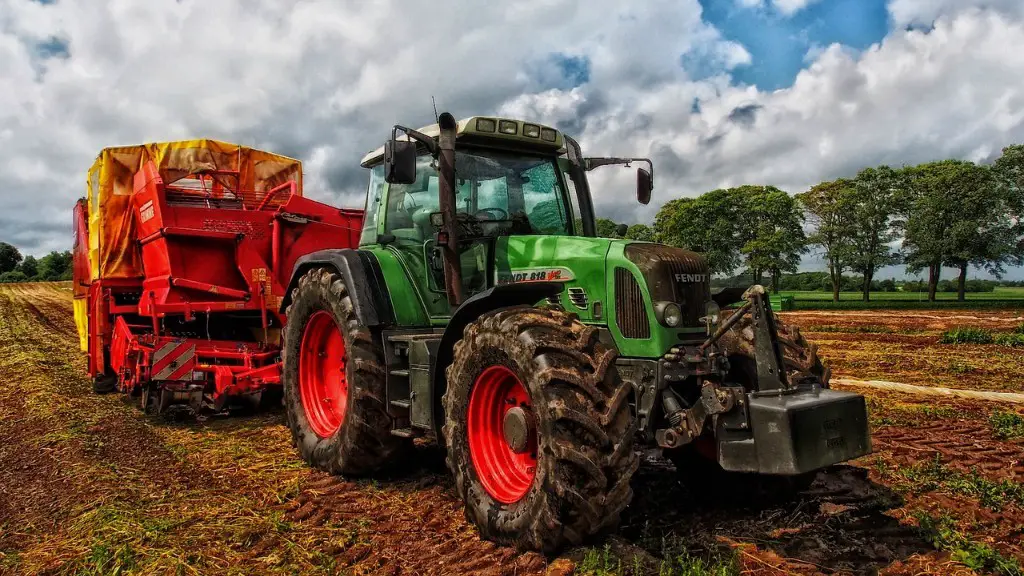The majority of the world’s population depends on groundwater for their daily activities, including drinking, cooking, and irrigation for agriculture. However, groundwater is a finite resource that is being depleted at an alarming rate. In addition, groundwater is increasingly being polluted by sewage,industrial waste, and agricultural chemicals. As a result, the poor quality of groundwater is a major health concern in many parts of the world.
Groundwater depletion is a serious problem because it leads to lower water tables and eventually to dry wells. In addition, when groundwater is pumped out faster than it is replenished, it can cause land subsidence. Land subsidence is a gradual settling or sinking of the earth’s surface caused by the removal of water and other materials from underground.
Groundwater pollution is another problem that is caused by the improper disposal of wastes on the land surface. When rain falls, it percolates through the soil and picks up pollutants that are on the surface. These pollutants can include sewage, industrial waste, agricultural chemicals, and mining wastes. The pollutants can contaminate groundwater, making it unsafe to drink. In addition, polluted groundwater can cause serious health problems if it is used for irrigation.
Over-exploitation of groundwater resources can
Over-pumping of groundwater can lead to a number of problems, including:
1) Depletion of groundwater reserves
2) Decreased water availability for other uses
3) lowering of water tables
4) groundwater contamination
5) seawater intrusion
What are the problems faced by using groundwater?
The intensive use of groundwater for irrigation can lead to a number of negative consequences, including the lowering of water tables, reducing its potential for future use. It can also generate multiple negative externalities, including salinity, stream depletion, or land subsidence that directly affect agricultural productivity, water users and the environment.
Shallow groundwater is a vital source of water for crops during drought, as it can help to supplement irrigation. However, if groundwater levels become too low – as can happen during periods of flooding – it can restrict oxygen availability to roots and limit crop productivity.
What is the problem of the water with the agriculture
Water plays an important role in the growth and development of food crops. Poor water quality can have a negative impact on the quality of the crops, and can also lead to illness in people who consume them. For example, contaminated water may contain harmful germs that can cause disease. When crops are irrigated with contaminated water, it can lead to contaminated food products, which can cause illness when eaten.
Groundwater is one of the world’s most important natural resources, but it is under threat from a range of human activities.
The main stressor on groundwater is withdrawals from pumped wells. This water is not easily replenished, and so it is important to use it wisely.
Other threats to groundwater include contamination and pollution from a range of sources, including agriculture, industry and mining. Climate change is also likely to have an impact, with more extreme weather events and changes in precipitation patterns.
It is essential that we protect and manage our groundwater resources carefully, to ensure that they are available for current and future generations.
What is one disadvantage of using groundwater?
Withdrawing groundwater has a number of advantages. It can provide water for drinking and irrigation, it is locally available, and it is a renewable resource. However, there are also some disadvantages to consider. These include aquifer depletion from over-pumping, subsidence, pollution, saltwater intrusion, and reduced water flow.
Irrigation has been shown to increase agricultural production both in terms of the expansion of cultivable area and higher crop yields. In terms of the expansion of cultivable area, irrigation allows for farming in areas that would otherwise be too dry for rainfed agriculture. This is especially important in arid and semi-arid regions where rainfall is unreliable. In terms of higher crop yields, irrigation can provide a consistent supply of water to crops, which is especially important during periods of drought.
How does agriculture lead to groundwater depletion?
Groundwater depletion occurs when water demand through pumpage exceeds water supply through recharge. Depletion varies as sources of water for pumpage change over time.
Before irrigation, long-term mean groundwater recharge (R) equals groundwater discharge (D) through baseflow to streams (R=D). However, with irrigation, water is removed from storage and not returned to the zone of recharge, so that (R
The problems that are common in agriculture are unemployment, waterlogging in wetland areas, salinity in arid and semi-arid areas, acidity in high rainfall areas, pests (like weeds, diseases, and insects), and erratic rainfall distribution. The country’s agriculture highly depends on rain-fed.
The farming systems in many parts of the world are facing constraints such as small land size, lack of resources, and increasing degradation of soil quality that hamper sustainable crop production and food security. The effects of climate change (eg, frequent occurrence of extreme weather events) exacerbate these problems.
Improving farming practices and developing new technologies that can help address these constraints are critical for ensuring food security in the face of climate change.
What are 3 environmental problems associated with groundwater management?
Groundwater pollution is a major environmental issue. Nitrate pollution, salination, and groundwater level draw down are all major problems that need to be addressed.
Aquifer depletion has a number of consequences, many of which can be detrimental to the environment. Lower lake levels can harm aquatic plants and animals that depend on regular surface flows, and land subsidence and sinkhole formation can occur in areas of heavy withdrawal. In extreme cases, aquifer depletion can even lead to intermittent or totally dry perennial streams.
What are two environmental problems associated with groundwater
The overexploitation of groundwater resources can lead to a host of serious problems, including uplifting and seismic activity, ecological deterioration, land subsidence, vegetation degradation, and negative impacts on the livelihoods of rural populations and food security. It is therefore critical to manage groundwater resources sustainably in order to avoid these negative consequences.
The use of chemical and organic fertilizers in agriculture can pollute groundwater, and experts are concerned about the potential impacts on human and ecosystem health. While some agricultural practices can minimize the risk of pollution, there is still a need for further research and monitoring to ensure that groundwater remains safe for human and environmental health.
What are the negative effects of agriculture on water reserves?
Agricultural practices have the potential to negatively impact water quality in a number of ways. Poor farming methods can lead to higher levels of nutrients, fecal coliforms, and sediment in the water. This can in turn lead to eutrophication of waterways, which can damage aquatic ecosystems. It is therefore important for farmers to use proper methods to avoid polluting the water.
It is estimated that 70% of the water used by farmers is lost to the environment due to poor irrigation systems, evaporation, and overall poor water management. This is a huge problem that needs to be addressed in order to ensure a sustainable future for agriculture.
Final Words
Groundwater depletion is one of the major problems faced by using groundwater for agriculture. In addition, groundwater pollution from agricultural chemicals, such as pesticides and fertilizers, is another major problem.
The main problems faced by using groundwater for agriculture are water scarcity and declining water quality. In many areas of the world, farmers are already struggling to find enough water to meet their needs, and as groundwater supplies decline, this problem will only get worse. Additionally, as groundwater is pumped out of the ground, the quality of the remaining water can decline, making it less suitable for agricultural use.





